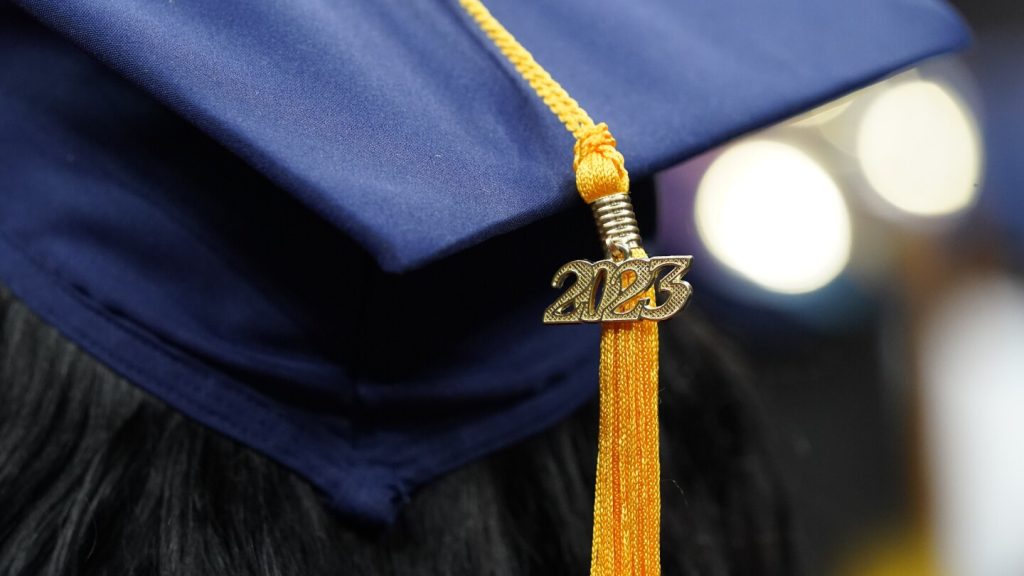The Biden administration’s plan to provide student debt relief for individuals who were misled by trade schools or colleges has been deemed “almost certainly unlawful” by a federal appeals court. The ruling, issued by the 5th U.S. Circuit Court of Appeals, came in response to a challenge from Career Colleges and Schools of Texas. The court determined that the rules implemented under President Joe Biden’s administration were too broad and could potentially cover unintentional actions by educational institutions. Additionally, the court raised concerns about the power given to the Department of Education in deciding whether to grant claims for debt relief, stating that it resembled the authority of a court.
Supporters of the regulations argue that the changes were necessary to provide relief to students who were harmed by predatory practices at for-profit post-secondary education providers. However, Career Colleges and Schools of Texas challenged the rules, claiming that they were unconstitutional and allowed the Department of Education to hold schools liable for conduct that was not clearly defined. The ruling by Judge Edith Jones highlighted the vagueness and broad scope of the rules, expressing concern that the Department could potentially target schools without providing clear guidelines or definitions of prohibited conduct. The appellate panel included judges appointed by former Presidents Reagan and Trump.
The court’s decision sends the case back to a lower court and instructs the judge to issue an injunction against the enforcement of the policy while the appeal continues. The policy in question affects students who borrowed money to attend colleges and universities that were found to have misled them on various aspects, such as the quality of their courses, expected employment opportunities, and potential salary upon graduation. If a federal student loan is discharged under the policy, the government has the ability to seek reimbursement from the educational institution accused of engaging in misleading practices.
The debate over student debt relief and accountability for educational institutions continues to be a contentious issue, with different stakeholders expressing varying opinions on the best approach to address the concerns of affected students. Proponents of stricter regulations argue that for-profit schools and colleges should be held accountable for engaging in deceptive practices that harm students and saddle them with significant debt. On the other hand, opponents of the Biden administration’s policy contend that it gives too much power to government agencies and creates ambiguity around what constitutes misleading behavior, potentially impacting schools that may not have intentionally misled students.
As the legal battle over student debt relief unfolds, the outcome of this case could have far-reaching implications for how the government addresses issues related to fraudulent practices in the higher education sector. Both supporters and critics of the Biden administration’s policy will be closely following the developments in this case, as it could set a precedent for future actions taken to protect students from predatory practices and provide relief to those who have been adversely affected by misleading information from educational institutions. The decision by the 5th U.S. Circuit Court of Appeals highlights the complexities and legal challenges surrounding efforts to address student debt and hold institutions accountable for their actions.


